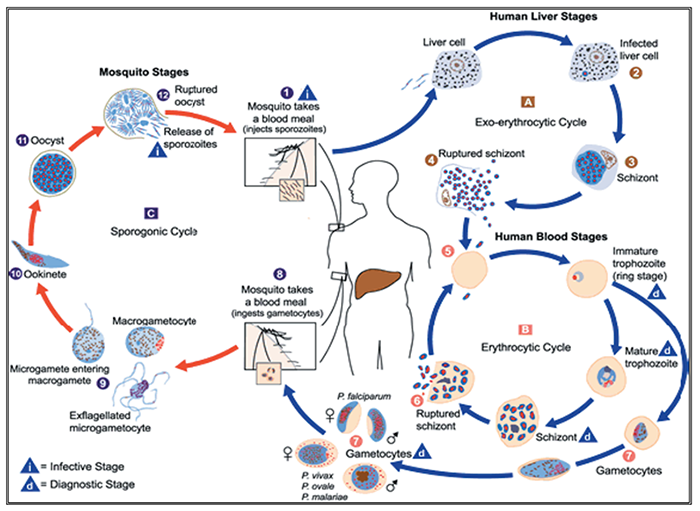Citation:
Abstract:
This case reviews the changes in national policy and the subsequent interventions used to reduce the incidence of malaria in Zambia from 2005 to 2010. After providing contextual information on Zambia-including historical, demographic, social, and health information-the case delves into the history of malaria control efforts worldwide and in Zambia. Though Zambia was at the forefront of malaria control-changing policy, adopting new treatment, and aggressively pursuing comprehensive malaria control efforts-in the early 2000s, by 2005 the Zambian government was still falling short of its targets. The National Malaria Control Center (NMCC) resolved to intensify its efforts by developing one national plan to improve coordination, data collection, and partner involvement, and ultimately, to scale up interventions rapidly in order to meet the national malaria targets. The new NMCC director, Dr. Elizabeth Chizema, guided the program toward success through several key interventions described in the case. With basic improvements in monitoring and evaluation, Chizema could demonstrate progress in malaria control. Nonetheless, she worried that partners might lose interest in helping Zambia given the decreasing burden even though the program still had many challenges to overcome.
Teaching Note available through Harvard Business Publishing.

Learning Objectives: To understand the development of a successful malaria control program over time and the components that led to its success, including the value of setting bold national goals, the merits of a health system with centralized governance and decentralized implementation, the importance of multiple coordinated interventions as opposed to a "silver bullet" approach for malaria control, and the use of data as an outcome measure, planning tool, and fundraising tool.
Supporting Content: There is a shorter version of this case titled Malaria Control in Zambia (Condensed Version).
Keywords: National strategy, supply chain management, malaria eradication and control, leadership